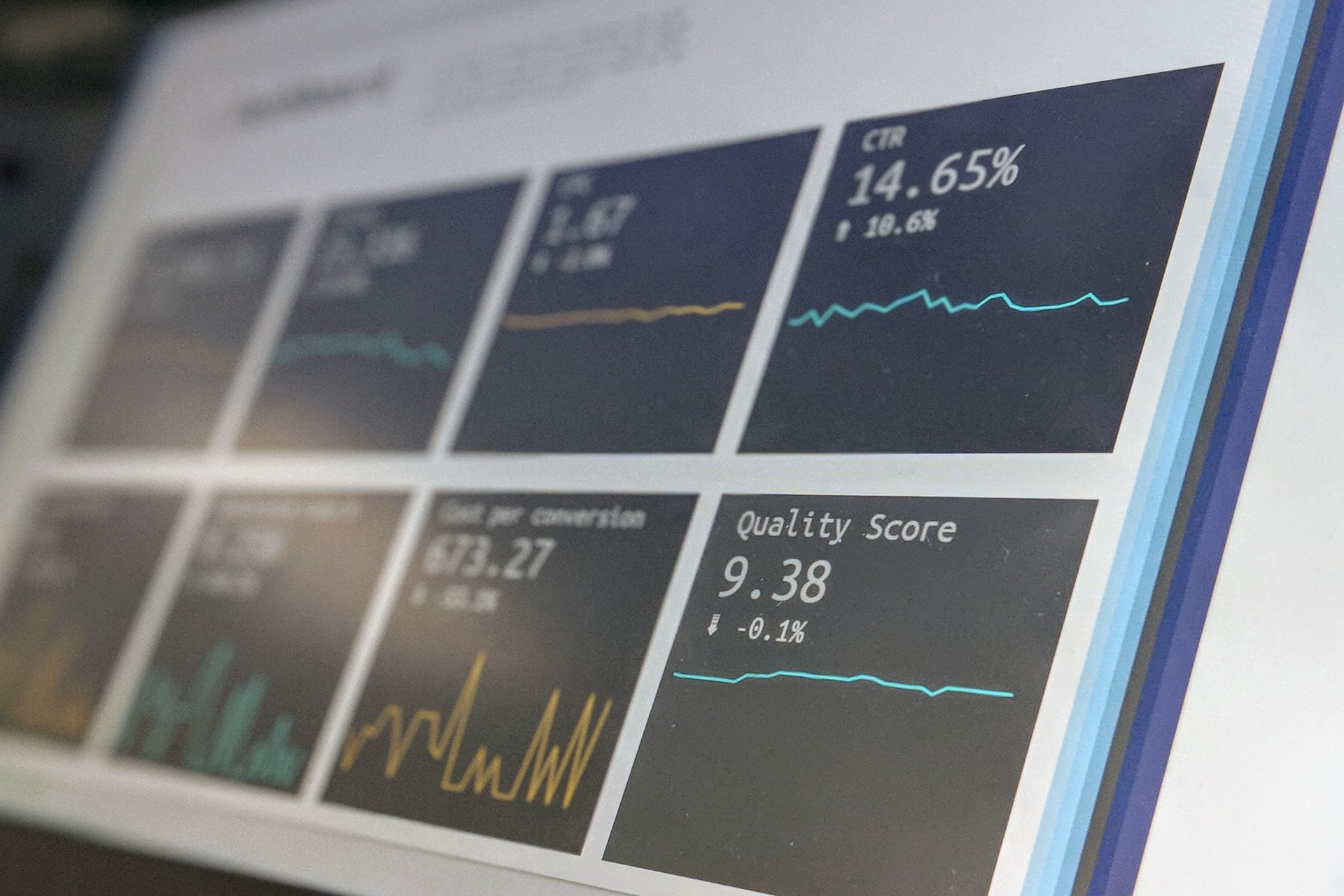
The Role of Internet Cookies in Digital Marketing
November 21, 2023 - Ellie Gabel
Revolutionized is reader-supported. When you buy through links on our site, we may earn an affiliate commission. Learn more here.
Internet cookies are small pieces of data that websites store on a user’s web browser while browsing. These digital tags serve multiple purposes, from keeping track of login sessions to monitoring user behavior on the site.
For science and tech enthusiasts who thrive on understanding the nuts and bolts of the digital world, delving into the intricacies of this practice offers a fascinating glimpse into the backbone of digital marketing. In a world where data drives decisions, these are fundamental tools in shaping the digital landscape.
1. Personalization
Cookies collect data on users’ browsing history, preferences and behavior, acting as a critical tool for marketers. For example, if someone visits a clothing website and looks at winter jackets, it captures this data. The next time the user browses the web, they may see personalized ads featuring winter jackets from the same website.
Moreover, 72% of consumers only shop with brands that provide relevant offers and recommendations. By utilizing cookie data to tailor marketing messages, businesses can tap into this consumer preference for personalization.
2. Tracking User Behavior
Internet cookies collect a wide array of data on user actions, such as pages visited, time spent on a page and items clicked. These pieces of information are invaluable to digital marketers for building user profiles and understanding user behavior. By analyzing this data, marketers can identify trends, segment their audience and fine-tune their strategies.
However, the power of cookies also comes with certain risks, particularly regarding user privacy. If businesses do not use them correctly or securely, cookies can become intrusive surveillance tools. Unethical practices pose serious privacy risks, like tracking users across websites without consent or selling user data to third parties.
3. Retargeting
Retargeting is a powerful digital marketing strategy, and cookies are pivotal in its execution. When a user visits a website, a cookie is placed on their browser, logging the specific pages they visited or products they viewed.
Later, as the user browses other websites, the cookie informs the retargeting platform to display ads related to the content or products they previously engaged with. It keeps the brand or product at the top of the user’s mind, increasing the likelihood of them returning to complete a purchase.
Further, users are 10 times more likely to click retargeted ads than regular display ads. Retargeted website visitors with display ads are 70% more likely to convert to the retailer’s website. These statistics underscore the effectiveness of retargeting as a marketing strategy, primarily enabled by cookies.
4. Conversion Tracking
Internet cookies are indispensable in tracking conversions, which are the specific actions marketers want users to take on a website, like purchasing or filling out a form. A cookie will record this event when a user lands on a website and takes a desired action.
Accurate conversion tracking significantly impacts ROI measurements. Marketers can assess which campaigns deliver the best results and allocate resources more effectively. For example, cookie data indicates that a pay-per-click ad campaign has a high conversion rate.
It’s a clear sign the campaign is effective and worth the investment. In addition, 83% of marketers using personalization techniques report positive ROI.
5. A/B Testing
It is a common practice for optimizing website elements in digital marketing. When running an A/B test, a website will show visitors two versions of a page — version A (the control) and version B (the variant). Cookies help ensure visitors consistently see the same version when they return to a page.
For example, consider an e-commerce website that wants to test two call-to-action (CTA) buttons — “Buy Now” and “Add to Cart.” Cookies can track which version a user sees and any subsequent actions. The test maintains its integrity with cookies, allowing for a more accurate measurement of which CTA performs better.
6. Shopping Cart Abandonment
Cookies are vital in combating the problem of shopping cart abandonment, a common issue that e-commerce sites face. When users add items to their cart but don’t complete the purchase, internet cookies can identify this behavior.
Marketing platforms can then trigger cart recovery emails or ads to encourage the user to complete their purchase. According to the Baymard Institute, the average cart abandonment rate is nearly 70% across industries. Given this high rate, effective cart recovery emails are crucial.
7. Session Management
When a user logs into a site, a cookie stores their login credentials and session information. It ensures the user remains logged in, even if they navigate away from the site or close their browser. As a result, they don’t have to re-enter their login information every time they visit, providing a smoother, more convenient experience.
The impact on customer loyalty can be considerable, as 70% of customers spend more with brands that provide an easy and seamless buying experience. A smooth, hassle-free process often translates into repeat visits, longer time spent on the site, and higher lifetime value for each customer.
8. Geolocation Targeting
Cookies can capture various types of information, including IP addresses, which brands can use to determine a user’s approximate geographic location. This location data allows marketers to engage in localized marketing strategies.
Localizing marketing efforts based on geographic data has improved engagement rates. Users often find localized content more relatable, leading to higher click-through rates and better overall performance for marketing campaigns. It enables businesses to tap into local trends, needs and preferences, making their marketing efforts more targeted and effective.
9. Frequency Capping
Cookies are invaluable in frequency capping, a practice that limits the number of times a user sees the same ad. By storing data on ad views, cookies inform the ad server when a consumer reaches this cap, preventing the ad from being shown to the same user too often.
Some benefits of internet cookies for user experience include the following:
- Reduced ad fatigue: Seeing the same ad repeatedly can lead to annoyance and decreased engagement. A person sees up to 10,000 ads daily, and frequency capping keeps the content fresh and relevant.
- Enhanced brand perception: Overexposure can result in negative brand perception. Limiting ad views helps maintain a positive image of the brand.
- Increased ad effectiveness: A balance between exposure and novelty is critical. It increases the chances of conversion without overwhelming the user.
10. Improving Affiliate Marketing
When a user clicks an affiliate link, makes a purchase or takes a desired action on the target website, cookies help attribute the move to the specific affiliate. It ensures the affiliate gets their due commission, making the partnership mutually beneficial and transparent.
Affiliate marketing often relies on cookies to track conversions over a set period, commonly known as the “cookie window.” It allows affiliates to earn commissions for actions that may occur days or weeks after the initial click, rewarding their efforts more comprehensively.
The Sweet Impact on Digital Marketing
In the ever-evolving landscape of digital marketing, the role of cookies can be consequential. From personalizing user experiences to fine-tuning ad campaigns, internet cookies offer various opportunities for marketers to engage with audiences more effectively.
These small pieces of code improve user experience and are imperative in forming data-driven, highly targeted marketing campaigns. Cookies aren’t just bits of data — they’re invaluable tools that shape the future of digital marketing.
Revolutionized is reader-supported. When you buy through links on our site, we may earn an affiliate commission. Learn more here.
Author
Ellie Gabel
Ellie Gabel is a science writer specializing in astronomy and environmental science and is the Associate Editor of Revolutionized. Ellie's love of science stems from reading Richard Dawkins books and her favorite science magazines as a child, where she fell in love with the experiments included in each edition.







